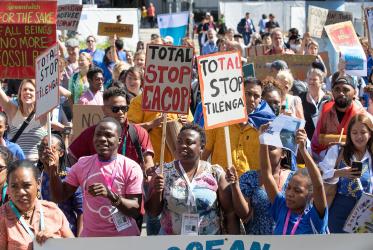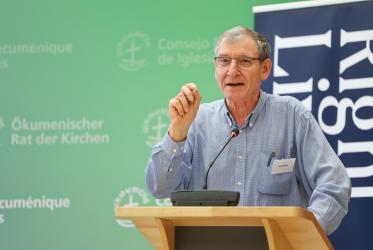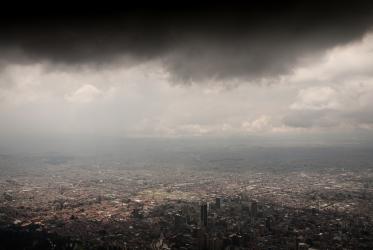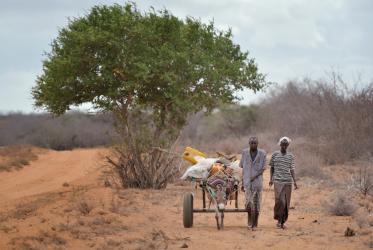Displaying 21 - 40 of 120
Churches respond to Malawi cyclone disaster
29 March 2023
HIV and AIDS Civil Society Networks and the Faith Sector
Lessons Learnt from Strategic Engagement in India, Dominican Republic, Indonesia, and Jamaica
31 January 2023
Neddy Astudillo at COP27: “We still have the power to protect life”
18 November 2022


















